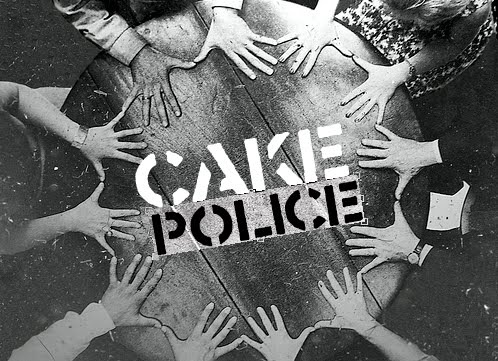Saturday, August 28, 2010
DOUG HENWOOD: It's not like, you know, the 1930s, when the whole financial landscape was reorganized and tightly regulated, and we're not seeing anything remotely like that now. And even the ideological environment hasn't changed all that much. I mean, at the elite levels, nobody has, really, a problem with Wall Street. And, you know, a friend of mine said the other day, I don't understand why Wall Street isn't burning. You know, there's just—the level of popular rage is quite low, the prestige of labor unions, Gallup just reported the other day, very low. It's as if the consciousness of the American public is the private sector's basically correct in its wage-setting and the public worker is overpaid. It's not that, you know, the private sector's greedy and driven by maximization of profit and the public sector workers really should be a model for all of us. That's not the way we think. So one of the things that has surprised me about this crisis, as I thought that we would at least see some beginning of an ideological renovation, that even if there are a lot of obstacles towards material change in this country, but I thought at least people will start thinking and seeing things differently. It doesn't seem to have happened, at least in any visible way.
PAUL JAY: Well, maybe that's the word, "visible" way, because maybe it's not breaking through because the media doesn't want to report on it.
HENWOOD: Yeah. But there's also really no organized expression of it, either. You know, the most visible expression of discontent are the lunatics who are wearing tea bags on their heads and who think that Obama is a Kenyan-born Muslim socialist. And it's—certainly the media focus on those people. That is their choice. But it also—you know, this is kind of consonant with the whole tradition in American history of having an activist, crazy right wing.
JAY: But you have to blame the left as not able to inspire people. It's the—.
HENWOOD: No, the left has been very absent, and I think there are any number of reasons for that, you know, going back to the collapse of the Soviet Union leaving the left worldwide feeling very demoralized, and we don't really know what to think or do, we don't really have a good agenda. But also I think there's a special situation that the more respectable left, the part with some access to power, was so entranced by the fact that a Democrat won the White House, there's just this vast sense of relief that, you know, at least our guy is in there. And so the unions were perfectly willing to cut him a lot of slack during the health-care debate.
JAY: And still do.
HENWOOD: And still do. So as long as that kind of organized, respectable left is so demobilized, so defanged, so disarmed, then we're not going to get anywhere.
Subscribe to:
Post Comments (Atom)

nigga you trippiiiiiiiiiin
ReplyDelete